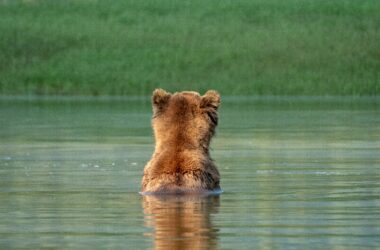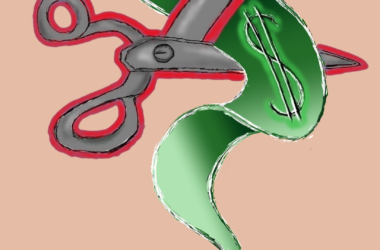The glitz and glamour of attending a prestigious university in a sexy city can be quickly extinguished by seven a.m. wake-ups, whole libraries worth of reading assignments, and that smug bastard in your history class who seems to expertly manage both. Before long, you’ll experience the long lines at the Arts basement Subway and the cyberspace torture that is Minerva, then you’ll really start feeling depressed.
But we’re big kids now, right? We’ve made it this far, to a place where light afternoon reading could be titled “The Ecological Validity of a Non-Valid Probably Improbable City-State” by Professor Tweed Jacket. Which is exactly why I want to start off the year with the following key words. Pay attention: they may determine your success at McGill. Here we go: Finding Nemo, Toy Story, Ratatouille, Up, and Wall-E
That’s right, animated films. And good ones. If there’s something all these films have in common it’s that you probably liked them. If you didn’t, you are in one of the most distinct minorities in the history of mankind. There are more people in the Solidarity For Cute Puppy Haters club than in yours. Why is this? Because these films have consistently maintained that goal of all endeavors: creative excellence.
Since its humble beginnings, Pixar has consistently produced high-quality movies. Pixar’s journey has been fascinating to follow, with personal creativity and product quality continually in conflict with larger, strict financial goals. Despite initially being overbearing, Pixar’s parent company, Disney has been swayed by a consistent record of success to step aside and gradually give the animation studio greater independence. Among the company’s executives are people like John Lasseter, Brad Bird and Pete Doctor – artists, not standard corporate big-shots. They’re the ones actually directing the films. How often do the creators of art seen by millions have almost full control over how that art is made and displayed? Less often than Minerva makes sense, that’s my estimate.
The Pixar story is a random case for inspiring resilience at McGill, but it’s a fitting one. At McGill we are constantly surrounded by an atmosphere of competitiveness that demands results. Through such a process we fit into the overall structure of the institution. There is a fine line between a culture that fosters success and one that requires its own nuanced version of it, a line McGill often flirts with. It’s bound to get tricky when the organization that rewards accomplishment is also the one that defines it. But in the face of everything, remember our computer-generated friends, from the fish who got lost to the rat who can cook. Pixar was by no means getting high fives from Disney right off the bat, but now they have to dodge thankful bear hugs 24/7. It’s because they stuck with their own definition of excellence from day one.
Yes, we are big kids now. We have made it here. But let’s not roll through it; let’s rock it with eyes wide open. Whether the prof gives you an A- or a B on an essay, a student newspaper tells you to think this and that way, or a campus group says boxers – not briefs – are the way to go, know that part of striving for excellence is defining it for yourself.






